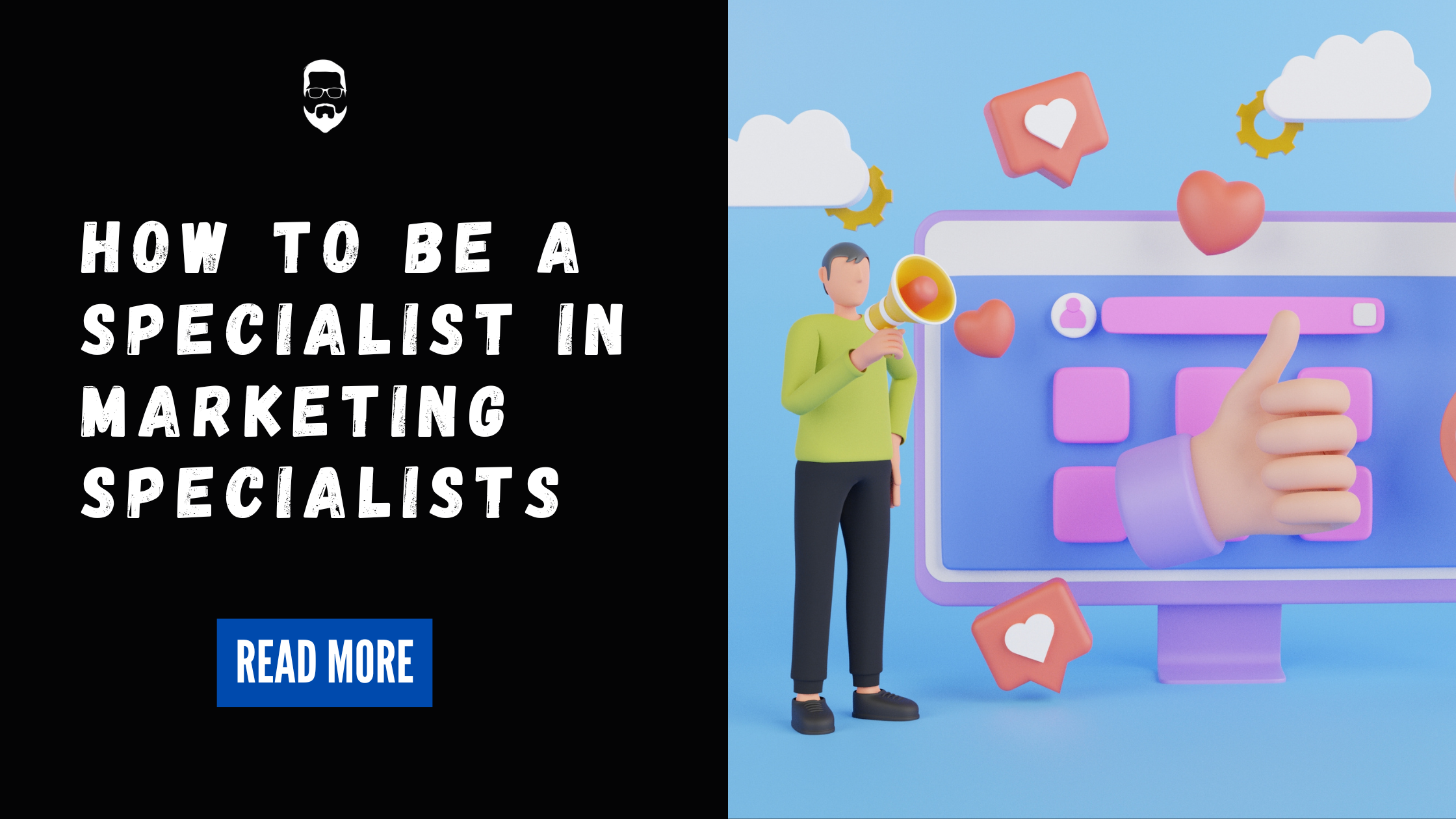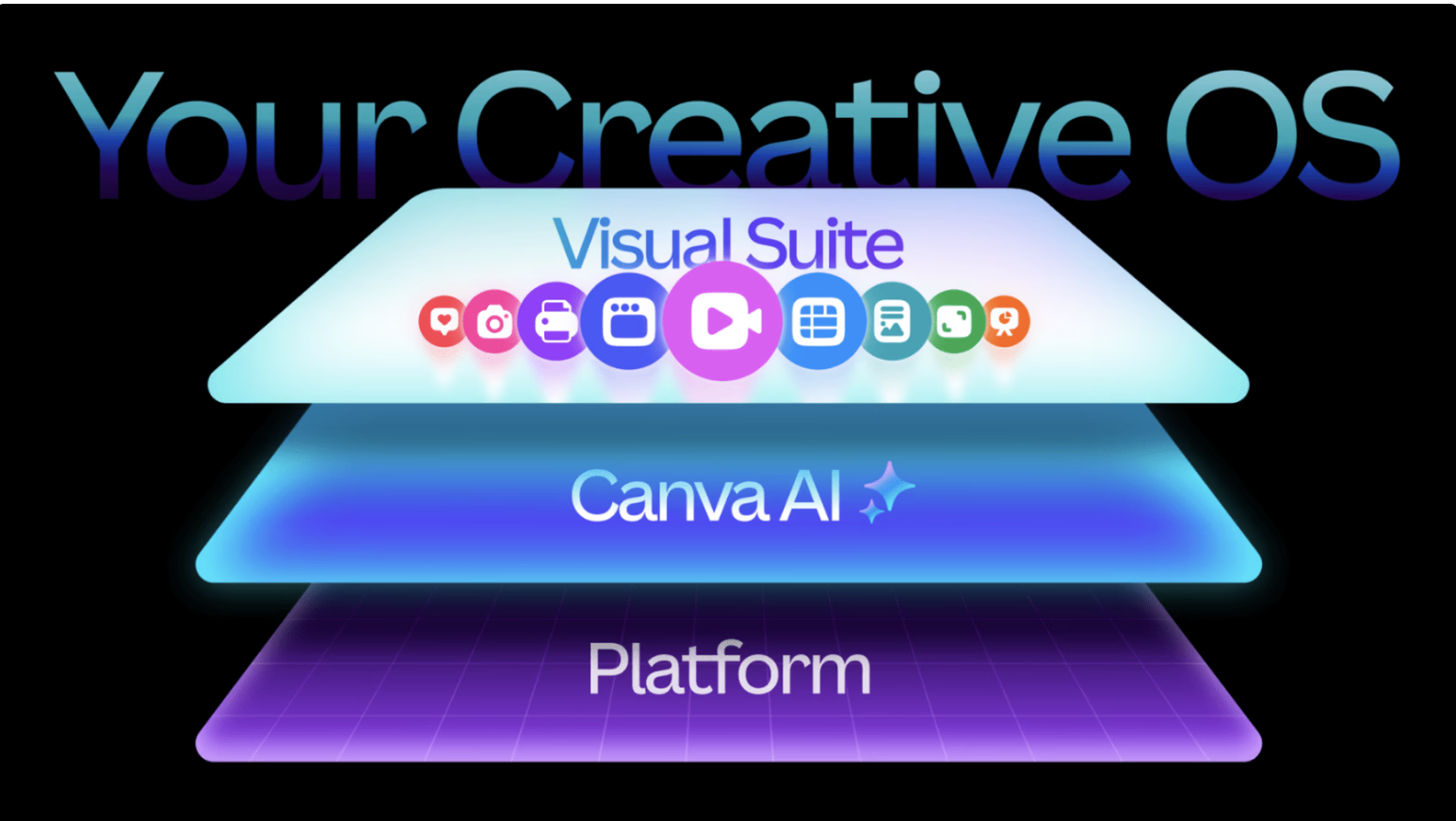In today’s world of business, being a marketing specialist is more important than ever for companies to reach their target market. With digital marketing and marketing trends changing so fast, to be a successful specialist in marketing you need education, experience and continuous learning. This guide will show you how to do it, with data and examples.
What is a Marketing Specialist?
A marketing specialist is a business person who develops and executes strategies to promote a company’s products or services. They have a deep understanding of marketing principles including market research, content marketing and using various marketing channels. Their aim is to deliver effective marketing programs that increase brand awareness, drive sales and customer loyalty.
For example a marketing specialist at a tech company might develop a campaign to promote a new software product, using social media, email campaigns and webinars to reach potential customers. According to the Bureau of Labor Statistics employment of marketing specialists is projected to grow 18% from 2019 to 2029, much faster than the average for all occupations, so there is strong demand for these people.
The Job of a Marketing Specialist
Marketing specialists fill the gap between a company’s brand and its customers through various marketing efforts. They are responsible for:
Conducting market research to understand customer needs and wants.
Developing and executing marketing plans and marketing campaigns.
Working with marketing teams and other departments to align strategies.
Analyzing data to measure marketing results.
Keeping up to date with marketing trends and industry news.
For example, a marketing specialist for a retail brand might analyze customer purchasing patterns to create promotions that appeal to specific customer segments and increase sales and customer satisfaction.
How to be a Marketing Specialist
Get a Bachelor’s Degree
First step is to get a bachelor’s degree in marketing, business or a related field. This education will give you the foundation in areas such as consumer behavior, advertising, strategic planning, and essential marketing knowledge. Courses in digital marketing, content marketing and market research will give you the skills for modern marketing.
Get On-the-Job Experience
Practical experience is key. Internships, part-time jobs or entry level positions will allow you to apply theoretical knowledge in real life. For example interning at an ad agency will give you experience in campaign development and client relations.
Develop Specialized Skills
Marketing specialists should develop skills in areas like SEO, email marketing and data analytics. Proficiency in tools like Google Analytics and CRM software is useful. For example understanding SEO strategies can increase a company’s online visibility and drive more organic traffic to their website.
Get Professional Certifications
Professional certifications will give you credibility and show you are committed to the industry. Certifications like the Professional Certified Marketer (PCM) from the American Marketing Association or Google’s certifications in digital marketing will set you apart. According to a LinkedIn report professionals with certifications are seen as more competent and are often considered for higher level positions.
Build Your Network
Networking is key to career growth. Attending industry events, joining professional associations and connecting with peers on LinkedIn can lead to job opportunities and collaborations. Having a mentor can also give you guidance and support.
Marketing Specialist Job
A typical marketing specialist job will include:
Developing and executing effective marketing programs to meet business goals.
Managing marketing campaigns across channels.
Conducting market research to inform strategy.
Working with marketing teams, sales teams and other departments.
Analyzing data to measure marketing results.
Employers look for candidates with analytical skills, creativity and excellent communication skills. Experience in social media, content creation and data analysis tools is often required.
Career Development and Progression
Professional Certifications
Certifications can lead to career progression. A marketing specialist might get certifications in content marketing, digital marketing or analytics. A chief marketing officer might prefer or require candidates with such certifications as they recognize their expertise and commitment.
Moving Up the Ladder
With experience marketing specialists can move into roles like marketing manager, marketing director or communications manager. For example after several successful campaigns and demonstrating leadership skills a specialist might be promoted to manage a team and oversee bigger projects and strategies.
Marketing Specialist Salaries and Job Growth
According to the Bureau of Labor Statistics the median annual salary for marketing specialists was $65,810 in May 2020. Salaries vary by industry, location and experience. In industries like finance or technology salaries can be higher as they require specialized knowledge. The job outlook is positive as growth is driven by the increasing use of data and market research to understand customer behavior and improve marketing strategies.
Industry Info
Workplaces
Marketing specialists work in:
Companies: In-house roles within companies across various industries.
Advertising Agencies: Working on client campaigns.
Non-Profit Organizations: Promoting causes and fundraising.
Government Agencies: Communicating public programs and services.
In smaller organizations a marketing specialist will handle a wider range of tasks while in larger companies roles will be more specialized.
Modern Marketing Tools and Strategies
Stay up to date with modern tools. This includes:
CRM Software: Managing customer relationships and data.
Analytics Tools: Measuring campaign performance (e.g. Google Analytics).
Automation Platforms: Marketing automation (e.g. HubSpot).
Social Media Management Tools: Scheduling and analyzing social media content.
For example marketing automation can increase lead generation by up to 451% according to a study by The Annuitas Group.
Marketing Know How
A solid understanding of marketing fundamentals allows specialists to make informed decisions and adapt strategies. Knowledge areas include:
Consumer Behavior: What drives purchasing behavior.
Market Segmentation: Who to target.
Brand Management: Keeping the brand consistent and positive.
Competitive Analysis: Keeping ahead of the competition.
Additionally, having a clear marketing specialist job description can help outline the specific responsibilities and skills required for the role, making it easier to optimize for online job boards and customize for different companies.
Marketing Programs
To deliver marketing programs specialists must:
Set clear objectives aligned to business goals.
Identify target audience and tailor messages.
Choose the right marketing channels for maximum reach.
Measure and adjust based on performance data.
For example a campaign to increase brand awareness among millennials might focus on social media platforms like Instagram and TikTok, using visuals and interactive content.
Working with Marketing Teams
Collaboration is key in marketing. Specialists work with:
Content Creators: Writers, designers, videographers.
Sales Teams: Ensuring marketing supports sales objectives.
Product Teams: Understanding product features and benefits.
Communications Manager: Aligning messaging and branding.
Collaboration equals cohesive campaigns and brand messaging.
Keeping Up with Marketing Trends
Marketing is constantly changing. Specialists need to stay on top of:
Emerging Technologies: AI, VR and chatbots in marketing.
Consumer Behavior: Changes in behavior and expectations.
Regulatory Changes: Data privacy laws like GDPR and CCPA.
Industry Innovation: New platforms and tools.
For example voice search means marketers need to optimize for voice queries which affects SEO strategies.
Marketing Manager Role
A marketing manager manages marketing strategies and teams.
Developing marketing strategies.
Managing budget and resources.
Leading campaigns from concept to delivery.
Understanding market trends to inform decisions.
Promotion to this role often comes after proving yourself as a marketing specialist and having strong leadership skills.
Creativity vs Data Analysis
Marketing is a mix of creativity and data. Specialists must:
Come up with ideas to engage the audience.
Use data to guide and refine.
Measure ROI to ensure efforts contribute to business objectives.
For example creative content gets attention but data analysis determines its effectiveness and allows for tweaks to improve results.
Social Media
Social media is a marketing specialist’s best friend. Benefits include:
Direct access to customers.
Real time feedback and customer service.
Content amplification through shares and engagement.
According to Statista as of 2021 over 3.78 billion people use social media globally making it a must have platform for marketing.
Brand Awareness
Increasing brand awareness is a key goal. Strategies include:
Brand consistency across all touchpoints.
Storytelling that resonates with the target audience.
Sponsorships and partnerships to expand reach.
For example working with influencers can get you visibility among specific audiences.
Communication Skills
Strong communication skills are key for:
Writing great messages and content.
Presenting ideas and strategies to stakeholders.
Working with teams.
Good communication means marketing is aligned to business goals and resonates with customers.
Content Marketing
Content marketing is about creating content to attract and retain customers. This includes:
Blog posts and articles with insights or solutions.
Videos and webinars showing products or expertise.
E-books and whitepapers with in-depth information.
According to the Content Marketing Institute content marketing generates over 3 times more leads than traditional outbound marketing and costs 62% less.
Email Marketing
Email marketing is still a great channel. Benefits include:
Personalised communication with customers.
High ROI; Campaign Monitor reports an average ROI of $44 for every $1 spent.
Automation for lead nurturing.
Marketing specialists use email for promotions, newsletters and customer retention.
SEO
Understanding SEO is key for online visibility.
Keyword research to match search queries.
On-page optimisation of website content.
Building quality backlinks to authority.
Good SEO gets you higher rankings on search engines and more organic traffic.
Market Research
Market research informs marketing strategies by:
Understanding customer needs and pain points.
Analyzing competitors and market conditions.
Testing product concepts and messaging.
For example surveys and focus groups can give you insight into consumer preferences.
Career Opportunities in Different Industries
Technology: Promoting software and hardware.
Healthcare: Marketing medical services and products.
Finance: Advertising banking and investment services.
Retail: Customer experience and sales.
Each industry has its own challenges and requires different marketing approaches.
Smaller organisations vs Larger companies
In smaller organisations marketing specialists may do everything, get diverse experience but more workload. In larger companies roles may be more specialist, more resources but less variety in daily tasks.
Summary
To be a marketing specialist you need education, practical experience and a willingness to stay up to date with industry trends. By having a solid foundation in marketing principles, developing specialisations and continuous learning you can have a career that impacts both businesses and consumers. Whether in a marketing team or leading marketing you are the link between growth and the business and its audience.
Novedades Canva 2025: La Revolución de la IA, Affinity Gratis y el Ecosistema Creativo Total
El panorama del diseño digital y el marketing ha experimentado una transformación radical. Lo que una vez fue una herramienta.. Read more
IA en los Deportes: La Revolución del Engagement y los Datos en la NFL, NBA y MLB
La IA en los deportes ya no es un concepto en el banquillo; es el jugador estrella que está redefiniendo.. Read more
La Revolución Silenciosa: Ejemplos de Inteligencia Artificial en la Vida Cotidiana que Ya Estás Usando
Imagina tu rutina matutina. Suena tu alarma (quizás configurada por un asistente de voz). Mientras tomas café, revisas tu feed.. Read more



